
Neurodivergent Kids Flourish When They’re Taught How Their Brains Work
When teachers and parents talk to kids about having ADHD, autism or learning disabilities, they set them up for success

Neurodivergent Kids Flourish When They’re Taught How Their Brains Work
When teachers and parents talk to kids about having ADHD, autism or learning disabilities, they set them up for success
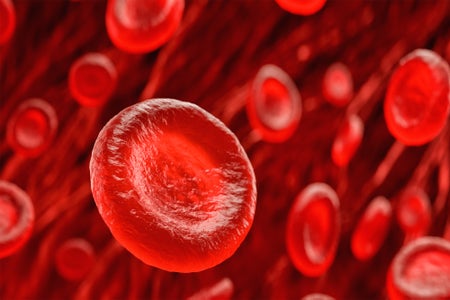
Innovative Thinking Could Make New Sickle Cell Treatments More Accessible
The cost of new gene-based sickle cell treatments isn’t the only barrier to access. Coming up with new ways to treat the whole disease—and person—could make treatment more equitable
How New Science Fiction Could Help Us Improve AI
We need to tell a new story about AI, and fiction has that power, humanities scholars say
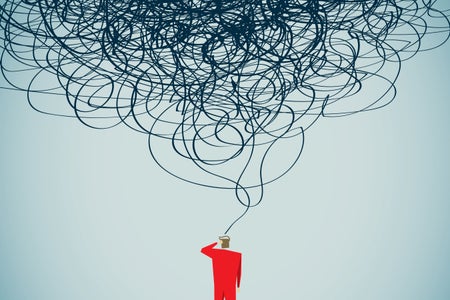
7 Steps to Disprove a Conspiracy Theory
Conspiracy theories are everywhere. Here's how you can figure out when you're being fooled
RNA, Grizzly Bears and Anxiety Treatments Show That Science Is Never Done
Explore the new science of weird chemistry, anthropogenic evolution and near-death experiences
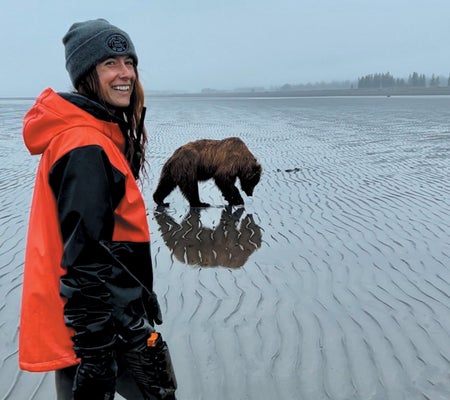
Contributors to Scientific American’s June 2024 Issue
Writers, artists, photographers and researchers share the stories behind the stories
Readers Respond to the February 2024 Issue
Letters to the editors for the February 2024 issue of Scientific American
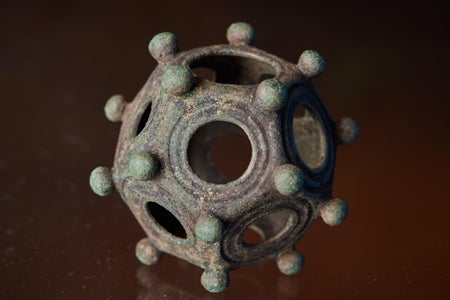
Why Did Ancient Romans Make this Baffling Metal Dodecahedron?
A mysterious 12-sided object called a dodecahedron discovered in England has archaeologists both excited and baffled
‘Protest Paradigm’ Shows What’s Wrong with Media Coverage of Student Activism
Media coverage of university students speaking up against the war in Gaza, just like coverage of other protest movements, has fallen prey to some serious weaknesses
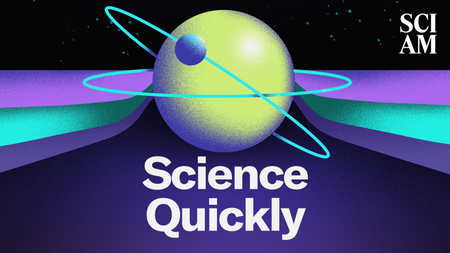
Introducing Science Quickly’s New Host, Rachel Feltman
Stay tuned for a new era of Science Quickly.

There Are Safer Ways to Bed-Share with a Baby
For some parents, bed-sharing is the only way their baby can sleep. Rather than talking to parents about how to do it safely, we try to pretend it doesn’t exist

People Keep Secrets Because They Overestimate Harsh Judgments
Research suggests that people tend to exaggerate how critically they will be viewed if they reveal negative information about themselves to others